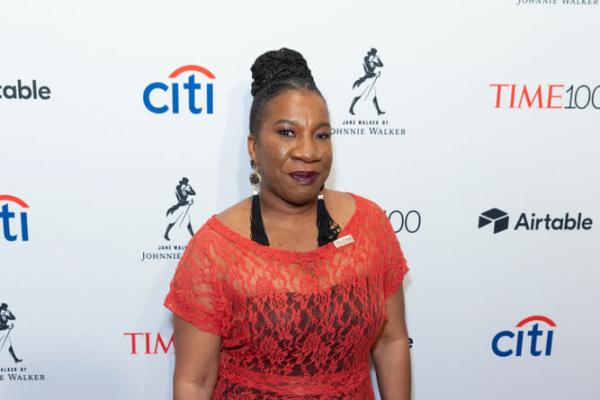Sep 24, 2018
Despite the lack of coverage her faith has gotten, the influence of Christianity on her advocacy has remained constant. It is often difficult for people to associate Christianity with activism because it has become so weaponized, she says. “Christianity has been co-opted by people who have a political agenda, and have a very particular narrative that is steeped in racism, and classism, and sexism, and all of these other forms of oppression,” she tells me, “I’m the kind of Christian that recognizes who Jesus was — and Jesus was the first activist that I knew, and the first organizer that I knew, and the first example of how to be in service to people.”
Read the Full Article

Already a subscriber? Login
